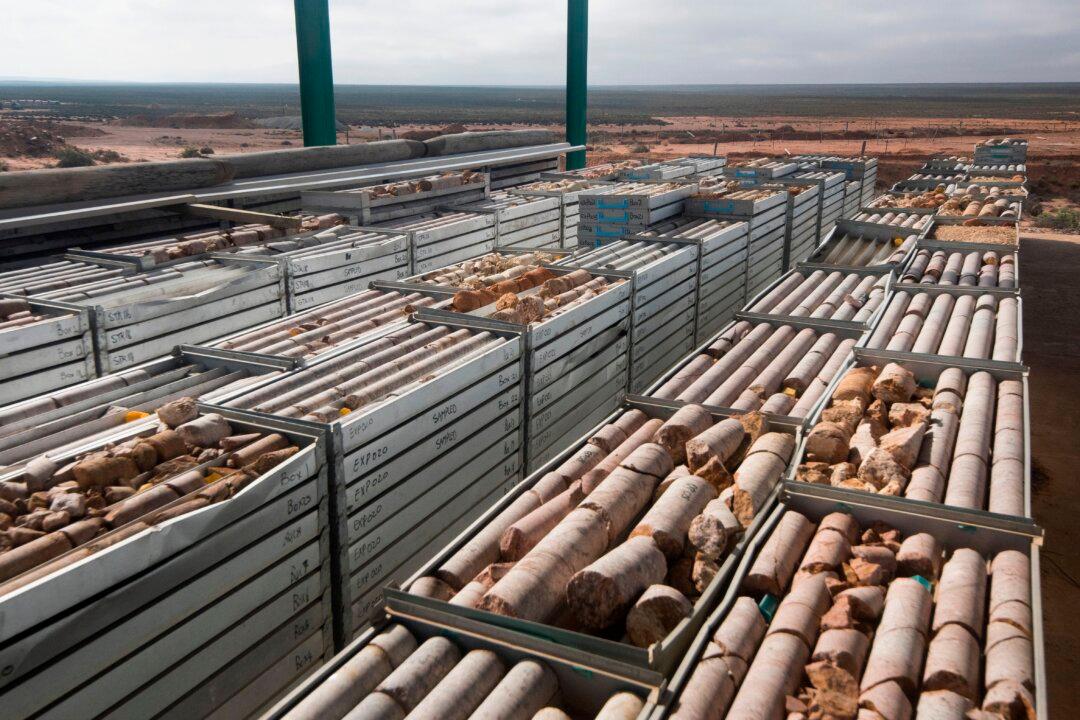JOHANNESBURG—Leading into the U.S. election, analysts who focus on Africa say that in 2025, the new administration should pour resources, investment, and goodwill into the world’s second-largest continent, which they say has been heavily neglected by the United States in the past.
If Washington does not, it risks losing access to materials vital to the world’s future and its own security and progress, they say.





